I deactivated my Facebook account yesterday after having used it for about 14 years. Yes, I was one of those people who watched The Social Dilemma and was appalled at the evils done by the social media business model. I never quite understood how much my phone tracks about me (EVERYTHING) and how aggressive it markets based on our weaknesses. Because it is run by advertisers even more than its owners (the customer is always right…), people can sway populations with a big enough price tag. Myanmar used it for genocide against the very Rohingya population I lamented in The Story of Our Journey . Much of the violent rhetoric in the past several years only spread because of how social media targets users through high-emotion content. Political extremism and conspiracy theories have completely obliterated the confidence in truth, leading to our near inability to talk to people different than us. I can’t support such a destructive platform.
Some musicians have long felt threatened by the DIY aesthetic that rose out of YouTube. The amateur could become famous while the professional gets lost in the shadows. I believe that threat is healthy for musicians! If we can’t get people interested in our music, then we have to look at either our presentation of media or our music itself. Also, being “famous” has never been that appealing of an aspiration. A musician doesn’t need to get that one big famous video to subsist and thrive, for one-hit wonders on YouTube are not worth as much as the one-hit wonders were in the 90s. True recognition comes from years of experience, great connections, and true fans. The long-term famous YouTubers place their entire career on making videos. They live the life of the entrepreneur and put in more time than most would imagine. They aren’t my competition.
Perhaps social media’s greatest blessing and curse is its redefinition of musical choices based on emotion over genre. I’m still a bit mystified on how artificial intelligence “listens” to music and recommends artists fitting into a certain mood, but it’s actively happening and has been for years. If I listen to “Chill Thursday” or “Workout Fire,” then I’ll get a playlist that we’re told fits the mood (and we’d agree much of the time). The singular aesthetical assumption is that music’s purpose is to generate a mood that resonates with the listener. Younger acts lean into this assumption and genre-bend their work to fit into multiple categories (which is argued to naturally fit into the diverse tastes of the generation). When I write music, I think about the atmosphere or sound world, but that’s a starting point. If mood were the core of music, then it would be a shallow endeavor. Maybe that’s why we now compare music with temperatures; we regard music as important as changing the thermostat from 68 to 72 F.
But, I’ll be blunt: they have done an awful job at mood-mixing concert music idioms. The contemporary classical music is more-or-less okay, but it is mostly post-minimalist. Almost every other classical playlist has branded as Baby Mozart music. I typed in Classical on Amazon Music and received the following playlists: “Deep Sleep Music,” “Instrumental Lullabies,” “Putting the Baby to Bed,” “Bedtime Lullabies,” “Classical for Pets,” “Classical Focus,” “Classical Sleep,” “Relaxing Children’s Classical,” “Relaxing Classical,” “Classical for Meditation,” “Classical Slumber,” “Dream Time,” and, as a relief, “Fun Classical.” Ouch. Obviously the AI doesn’t even try to figure out the mood of classical music. Isn’t this supposed be the same brand of music that brought you the riots at the premiere of The Rite of Spring, the performers who painted their faces white and pretended they were possessed (Liszt, Paganini), the most psychologically disturbing works ever (Berg’s Wozzeck and Lulu), and the thrilling collection of works that has influenced every dramatic film composer from Day 1 (Holst’s The Planets, Strauss’s Salome)? Even live classical musicians have fallen into the traps set up by these “moods.” I can’t say how many times I have fallen asleep during concerts where “nice” musical interpretation supersedes the power within the harmonic structures at play. Oh, how I’d love to hear (post-COVID) something more dramatic at the orchestral stage (preferably a concert by living composers)!
As AI continues to brand people towards certain moods, I wonder how that will influence musical taste and exploration. The sudden access to everything is brilliant now, especially with the collective memory of music from the 50s on. But just like in social media, what are the consequences of AI silently driving our decisions? Will we be softly baited (even if over the next several decades) into our comfortable “Autumn Chill” niche and let the vibrant blues, reds, yellows, and greens in popular idioms, like classical music, turn into an unremarkable brown? Who actually stops to listen to a full musical piece anymore? Who actually stops for anything anymore? What caught my attention the most during The Social Dilemma was that the user thinks they are in control because the AI is programmed to hustle us unknowingly into every decision to keep us engaged. I feel like the prophetic call to avoid future tragedies, not only politically and socially but artistically, is to learn how to listen and make active decisions. Radicalism and violence will be abated as people act to serve as mediators, not instigators. Artistic depth, which we do still cherish now, will bring about some of the most fascinating music if we are willing to actively connect with it rather than push it to the back of our minds. Will you search for the most different piece of music you can find, turn off all distractions, and listen to its album (yes, the whole 45 minutes) in its entirety? As John Cage said, “If something is boring after two minutes, try it for four. If still boring, then eight. Then sixteen. Then thirty-two. Eventually one discovers that it is not boring at all.” Go for it.

